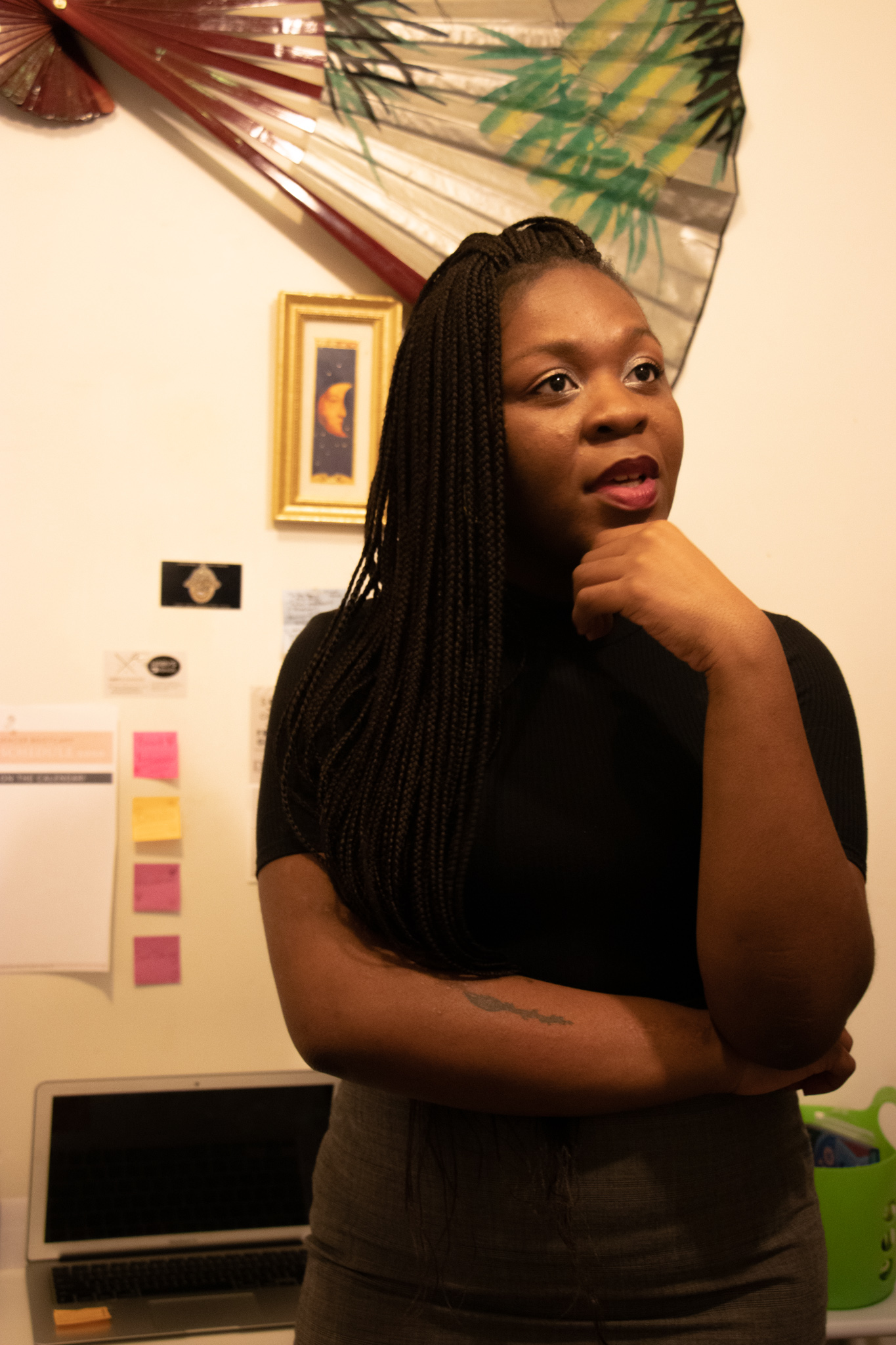Dove’s Virtual Global Summit Addresses Natural Hair Discrimination
- Rashida Ashley

- Aug 20, 2021
- 3 min read
Updated: Jun 22, 2022

In an effort to focus on critical and dynamic conversations, Dove recently hosted its first ever virtual global summit featuring panels discussing various topics that ring true for the brand. While many of the topics discussed are crucial to the growth of our society, one panel in particular, Loving Our Natural Hair: Progress and the Path Forward has called for specific concrete actions to be taken not only from our leaders but also from people such as myself and others.
The expert panel included Dove Self-Esteem Project Educator Dre Brown, Writer, Academic, Broadcaster and Dove Partner Emma Dabiri, Broadcaster & Dove Partner Hulisani Ravele, Unilever COO, EVP Beauty & Personal Care Esi Eggleston Bracey, Los Angeles County Supervisor for the 2nd District Holly Mitchell, Brazilian Blogger and Dove Influencer Partner Maraisa Fidelis, and UK Hair Anti-Hair Discrimination Activist Ruby Williams. These dynamic and influential women from various parts of the world came together to discuss a longstanding issue within the black community, which is the right to wear natural hair in any establishment, whether it’s in school or on the work front.
The panel kicked off with Ruby Williams, a student and activist based in the United Kingdom, who confidently spoke on her own experiences with discrimination as a student. Ruby has had to work with managing her Afro-textured hair as she watched her mother wash her own straight hair and take on her day while also hearing the encouragement from her father to wear her natural hair. In order not to be sent home, she has also had to deal with school policies that called for her to restrict the height of her hair and teachers who encouraged her to flat iron her tresses so as to not disrupt her learning as well as her other classmates.
Ruby’s story laid the foundation for the panel with each woman telling personal histories that exposed the various aspects of discrimination today. In the United States, 80% of black women feel they have to change their hair to fit in at work. Why is this? Not only are there policies put in place that prevent the freedom to wear natural hair but there are also beauty campaigns and products, close friends who have an impact on how we view ourselves, passerby who stare at our curls, and other various aspects of our society that enable us to self-restrict our own right to wear our natural hair.
The ladies further discussed that to move past these barriers we all must play our part. This means within school policy, brands, the workplace, and most importantly, us. It is important for any individual, whether they are within the community or not, to educate themselves. A good place to start is with Emma Dabiri’s books, “Don’t Touch My Hair” and “The Tangled History of Black Hair Culture,” which are a good resource that describes the origins of the discrimination of African people.
Most importantly, we all must get involved and show support to change the trajectory of the freedom to wear natural hair. We can all do this by supporting the CROWN Act, a movement co-created by Dove and the CROWN Coalition in 2019 to ensure protection against discrimination based on race-based hairstyles by extending statutory protection to hair texture and protective styles such as braids, locs, twists, and knots in the workplace and public schools.
Hair is such an important factor within our civilization. The personal stories shared in the panel discussion greatly attest to this as well as the CROWN Act. It is important to not only have these vulnerable conversations but to also see and understand the strength of the individual that must endure what they are dealt with no matter what part of the world they reside in.







